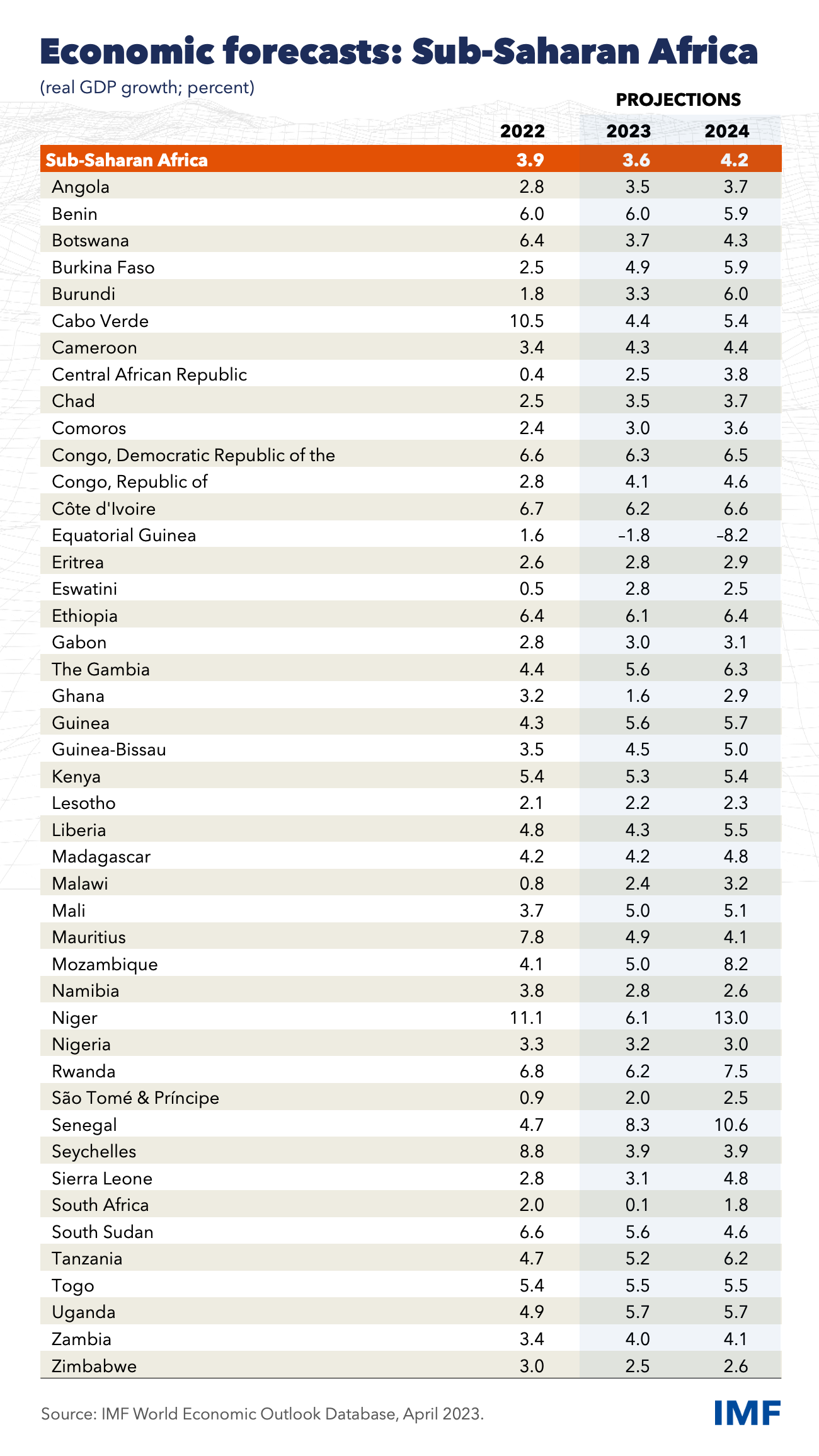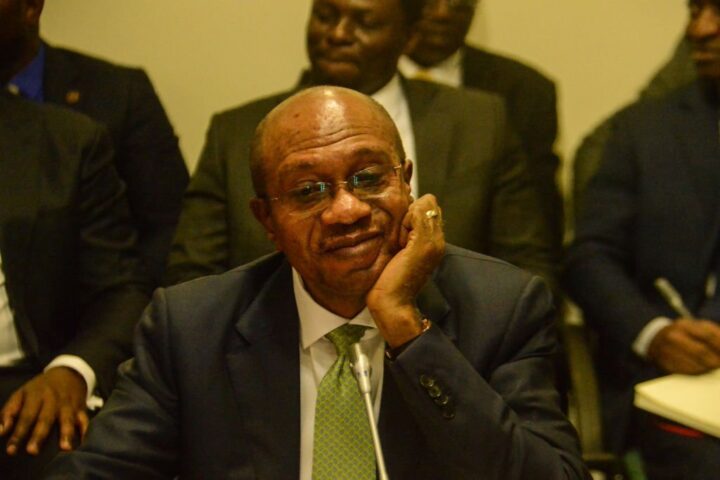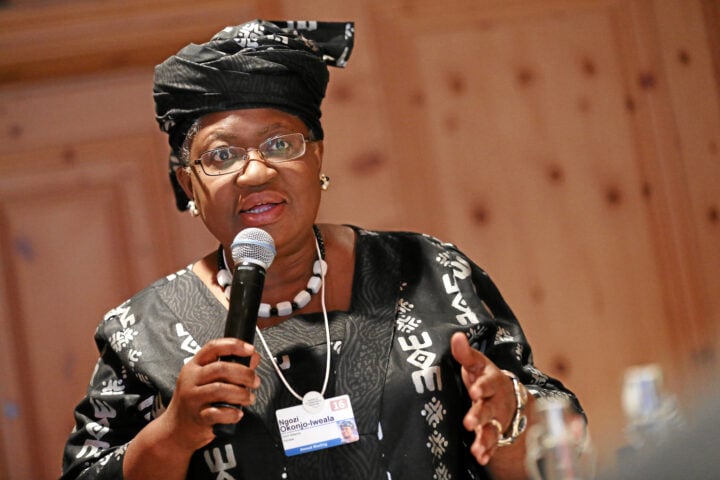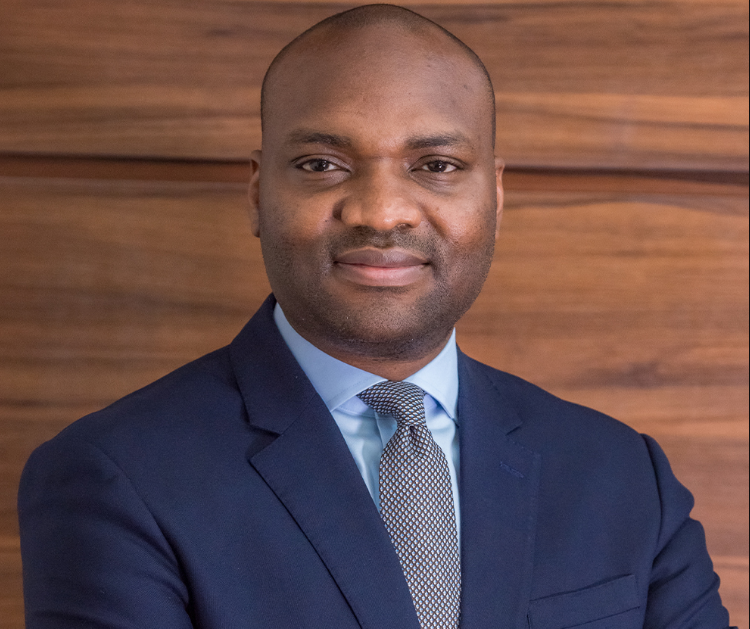
Godwin Emefiele, governor of the Central Bank of Nigeria (CBN), says the International Monetary Fund (IMF) growth projection for Nigeria shows that the country and its handlers are doing something right.
Speaking at the World Bank/IMF Spring meetings in Washington DC, Emefiele said even though the growth projection of 3.2 percent is still sub-optimal, by CBN’s assessment. He, however, noted that the IMF’s decision to keep Nigeria’s growth projection at such a level is delightful.
“I must say that we are delighted that even in sub-Saharan Africa, the growth levels in Nigeria, even though by our assessment, is still sub-optimal. That the IMF, would among all the countries in Africa, say that growth in Nigeria should be retained at 3.2 percent, gladdens our heart,” Emefiele said.
Advertisement
“It means we are doing certain things that are correct and we’ll continue to do those things that are right.
“But it also means that we are not going to remove our eyes on monetary policy, which is to focus extensively on how to moderate inflation, but at the same time, ensure that banking system stability remains resilient and then strong, as it is right now.”
The IMF, in its Region Economic Outlook, had projected that Nigeria will record a 3.2 percent growth in its gross domestic product (GDP) for the 2023 fiscal year.
Advertisement

Emefiele: IMF says countries should reduce spending — but I recommend we increase revenue
While addressing journalists at the IMF headquarters, Emefiele said the IMF is asking countries to reduce spending to get through global economic challenges, but he is recommending an increase in revenue generation for Nigeria as a way of dealing with prevailing global economic challenges.
“The IMF themselves also talked about the fact that even the debt portfolios, the lending portfolios have reached [an] all-time high. In two decades, this is the highest level of debt portfolio that the IMF has seen in its books,” Emefiele said.
“They are, unfortunately, warning that they may not be in a position to do much for countries that really require more debt to be able to restructure the balance sheet and then keep going on.
Advertisement
“So, the focus remains that monetary authorities must continue to focus on inflation so as to continue to bring it down. But while monetary authorities are doing their work to bring down inflation, they must also keep their eyes on banking systems’ stability, through monitoring, supervision, and regulatory frameworks.
“For the fiscal of course, because of the limited fiscal space, the IMF insists that countries need to reduce their spending but in my case, I will say well, if you want to spend, then raise revenue to be able to spend.
“I think it’s important that you must raise revenue and not get yourself constrained in an environment where there is no debt, where financial market conditions are very tight and very limited, and where interest rates are high and could create a lot of burden for economies and the only option for fiscal in this case is to expand the revenue base so as to be able to spend.”
Speaking about the World Bank/IMF Spring meetings in general, Emefiele said “the forecast at the meeting remains that; ‘yes, a lot of work has been done in 2022, and growth is gradually returning again,’ but it is still at the sub-optimal level”.
Advertisement
“Inflationary pressures continue and even though inflation is coming down as a result of measures being taken by monetary authorities to bring down the inflation rate, it still remains at very high levels globally to the extent that even as global inflation is projected at seven percent, it remains very high.”
He said the global economy still faces a lot of challenges, which has led over 700 million people into poverty across the world.
Advertisement
“Food insecurity has also risen quite tremendously to the extent that over 350 million people are hit by extreme food crises all over the world,” he added.
Advertisement
Add a comment







